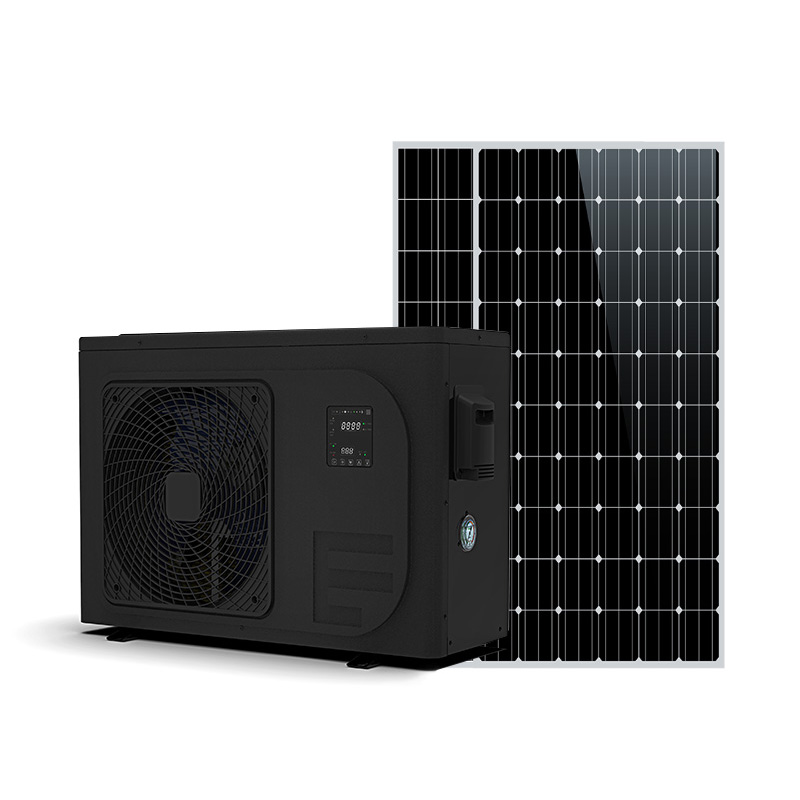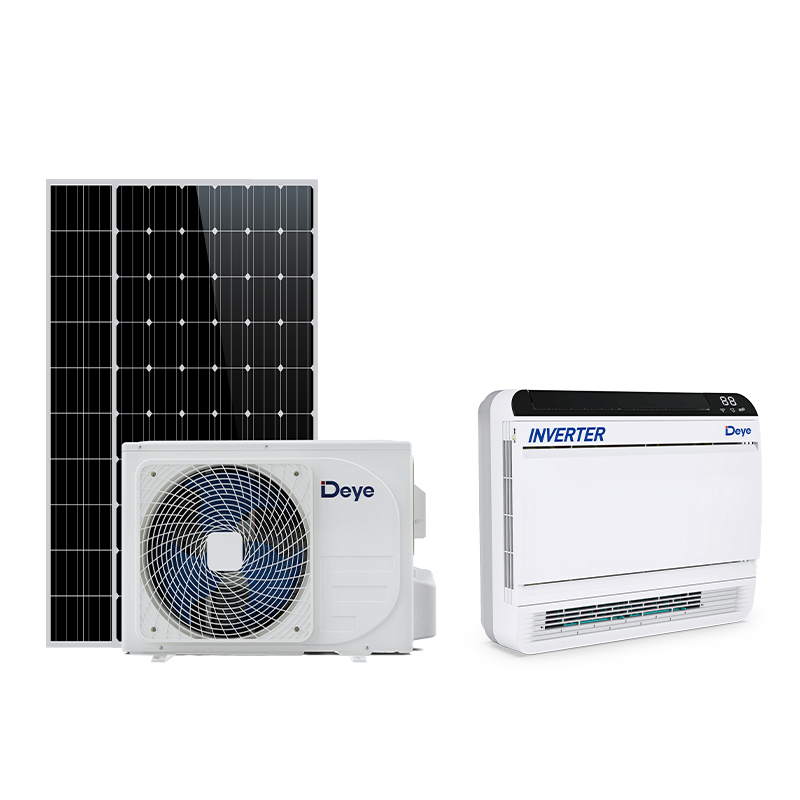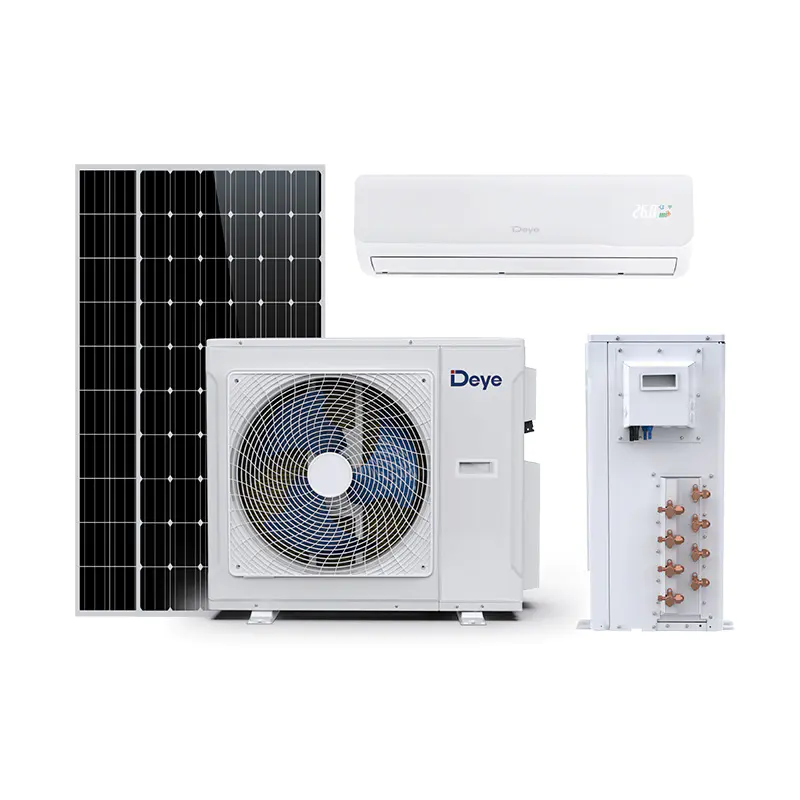The cooling effect of solar air conditioners is affected by many factors, among which the power generation efficiency of photovoltaic panels is one of the key factors. Solar air conditioning systems rely on photovoltaic power generation to provide them with the necessary electricity. Therefore, the performance of photovoltaic panels is directly related to the cooling capacity of air conditioners. The power generation efficiency of photovoltaic panels is restricted by many factors, including light intensity, installation angle, and surface contamination. Under poor lighting conditions, such as cloudy or overcast weather, the energy collected by photovoltaic panels will be significantly reduced, resulting in the air conditioner being unable to obtain enough power to drive its compressor and refrigeration components, thereby affecting the overall cooling effect.
In addition, if pollutants such as dust and bird droppings accumulate on the surface of photovoltaic panels, it will also have a negative impact on their photoelectric conversion efficiency. Therefore, regular cleaning of photovoltaic panels to maintain their optimal working condition is one of the important measures to improve the cooling effect. At the same time, the installation angle and orientation of photovoltaic panels must also be reasonably designed. If the installation angle is not appropriate or is blocked by the shadow of the building, the power generation efficiency of the photovoltaic panel will be affected. In order to ensure the optimal performance of the photovoltaic system, it is recommended to scientifically select the installation location and angle of the panel according to local sunshine conditions and seasonal changes.
Whether the refrigerant is sufficient or not is also an important factor affecting the cooling effect. Refrigerant plays a role of heat exchange in the air-conditioning system, taking away the indoor heat through the evaporation and condensation process, thereby achieving cooling. If the refrigerant is insufficient, the cooling effect will inevitably be affected. Refrigerant leakage is the main reason for insufficient refrigerant. Common causes of leakage include pipe aging, loose joints or improper installation. In the air-conditioning system, if the pipe joints are not sealed well, or there are cracks and damage inside the system, refrigerant leakage will occur. In order to solve this problem, it is recommended to use professional testing equipment to detect refrigerant leakage, locate the leakage point and repair it. After the repair, refill the refrigerant as needed to ensure the normal operation of the system.
The type and quality of the refrigerant will also affect the cooling effect. The use of non-compliant or inferior refrigerants may lead to poor cooling effect and even damage the long-term stability of the air-conditioning system. Therefore, choosing the right refrigerant and ensuring its sufficiency is a key link in ensuring the cooling effect.
In addition to the problem of refrigerant, the normal operation of various components inside the air-conditioning system is also an important factor in ensuring the cooling effect. Among them, the compressor, as the core component of the air-conditioning system, has the function of compressing the refrigerant and promoting its circulation. If the compressor fails or does not operate properly, it will directly affect the cooling effect. The causes of compressor failure usually include circuit failure, damage to electrical components, and internal wear. For solar air conditioners, since they rely on battery power, if the battery power is insufficient, the compressor may not be able to obtain sufficient power, thus affecting the cooling effect. Therefore, it is recommended to regularly check the battery power and battery management system to ensure that the battery can be charged normally and provide a stable power supply for the air conditioner.


 Español
Español русский
русский Français
Français Português
Português Deutsch
Deutsch عربى
عربى italiano
italiano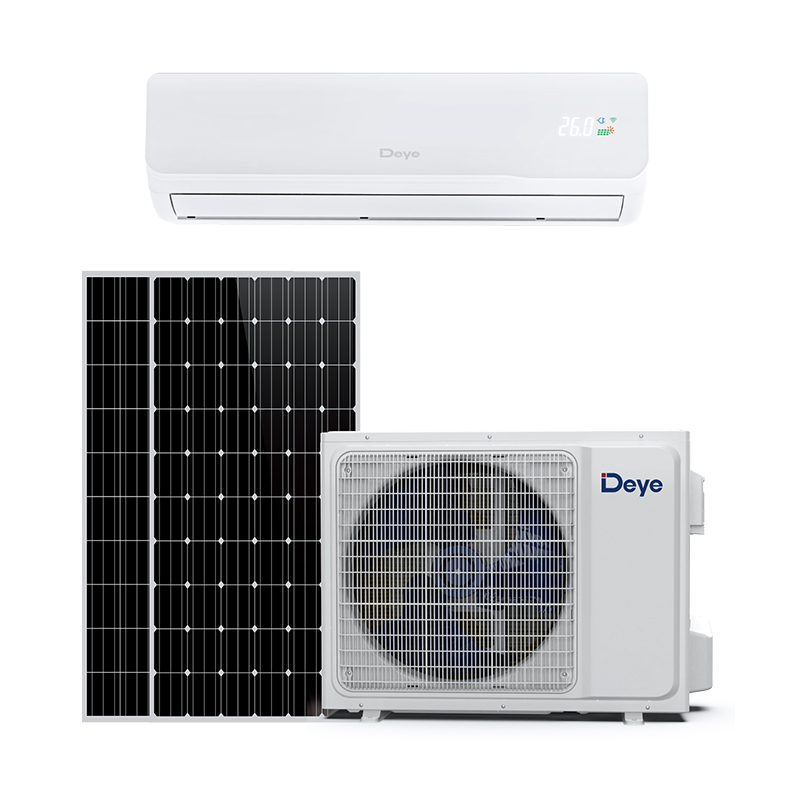
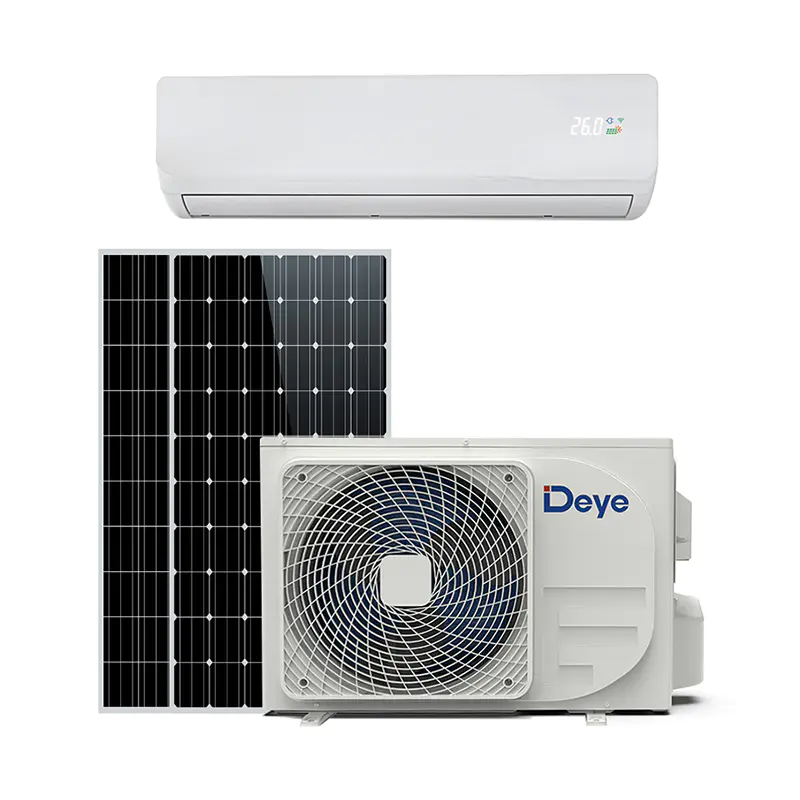
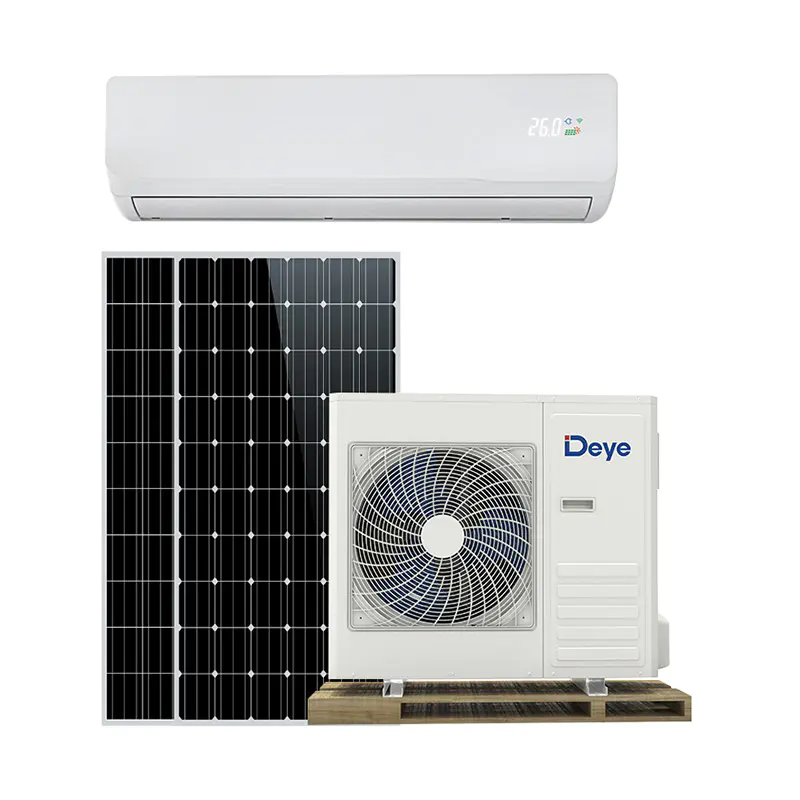
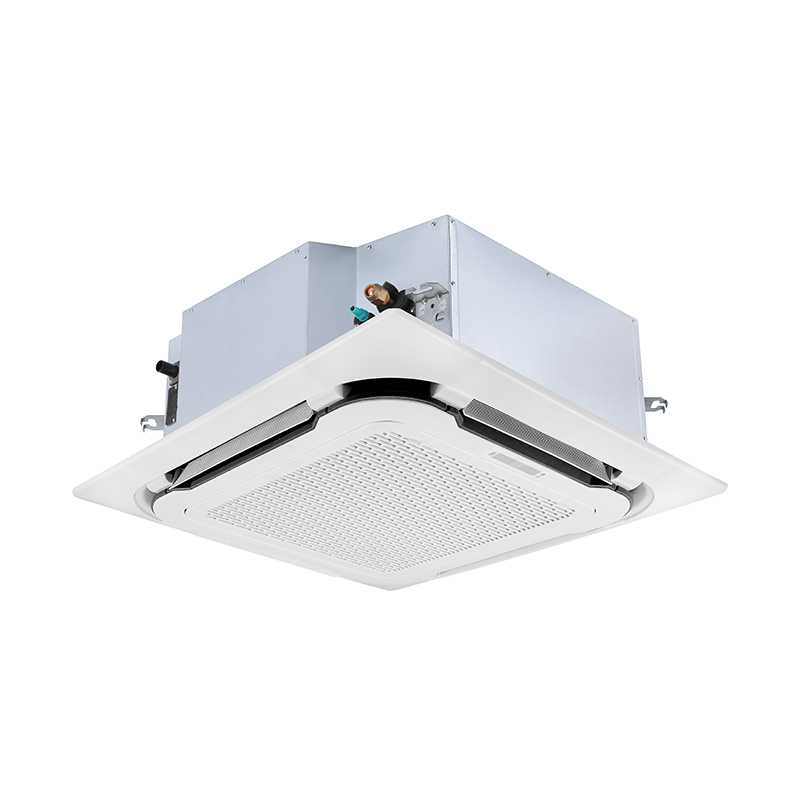
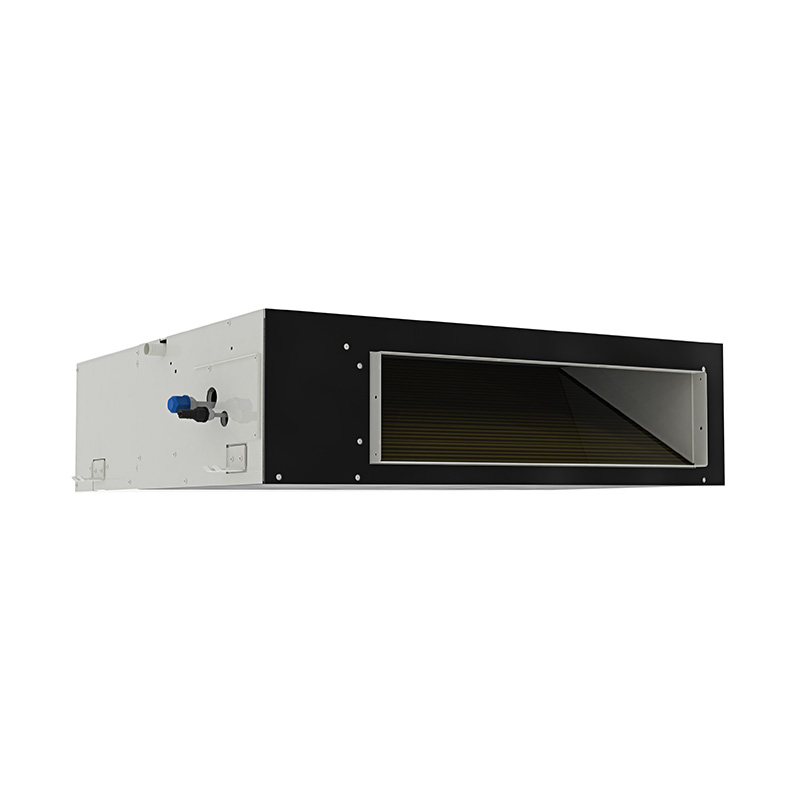
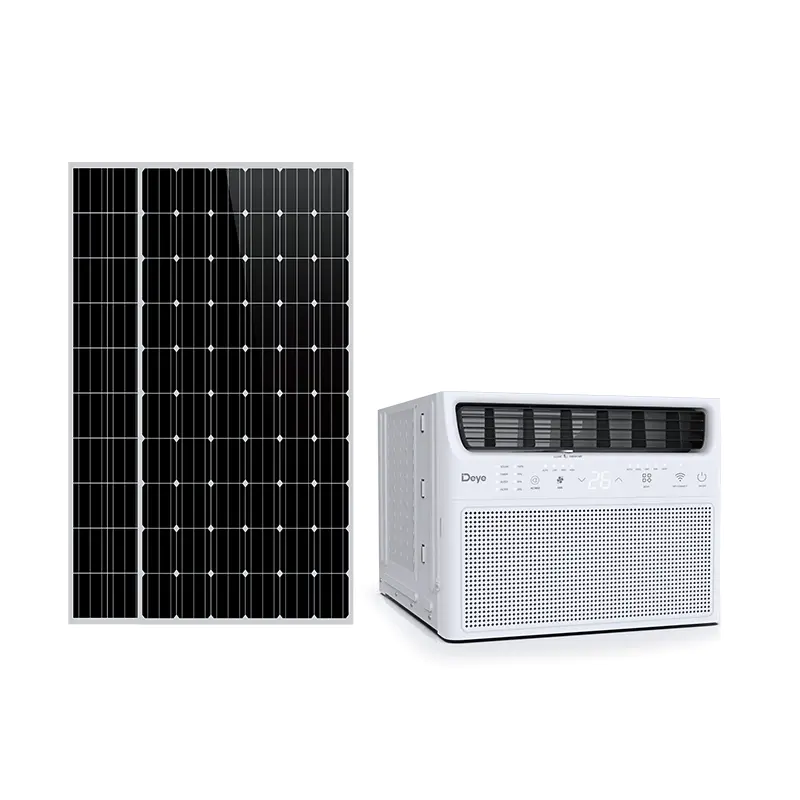
-1.jpg)


